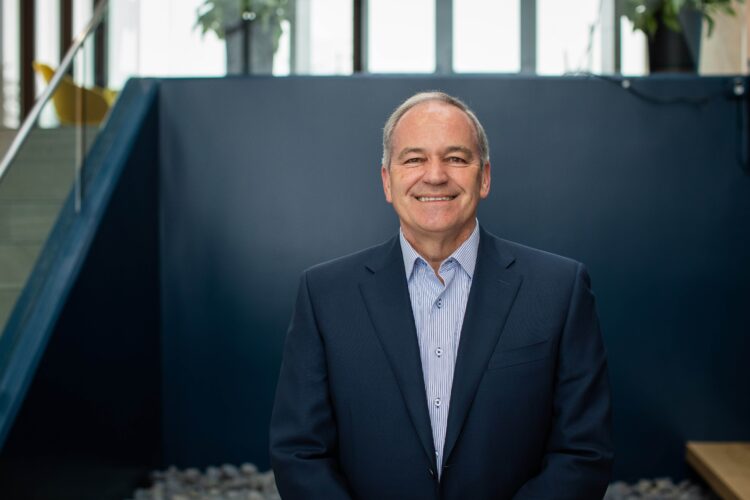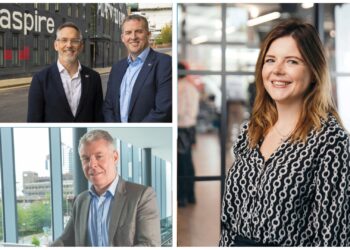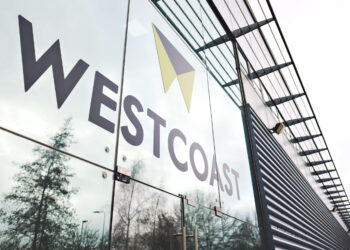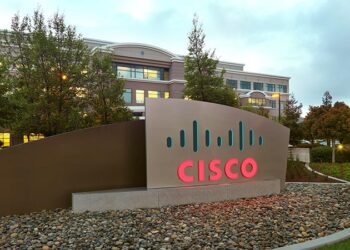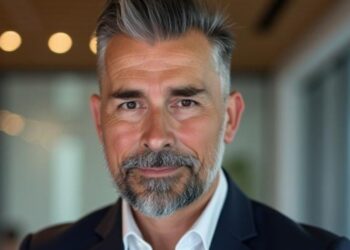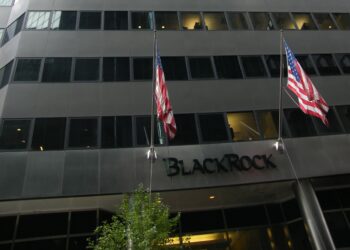IBM partner Service Express is plotting further acquisitions, its CIO told IT Channel Oxygen as he opened up on efforts to halve its UK datacentre energy consumption amid a wider sustainability push.
The Michigan-based IBM third-party maintenance and managed infrastructure services specialist leapt into the UK in 2020 via its double swoop on local peers Blue Chip Customer Engineering and ICC Group. It ranked 86th in IT Channel Oxygen’s recent Oxygen 250.
Service Express is redoubling its M&A efforts after slashing its UK datacentre estate from 50 physical servers to just six systems in six racks, CIO Nick Ockwell said.
“It’s still very fragmented market, so there is a lot of space for us to grow and acquire companies,” he told IT Channel Oxygen.
“We took a bit of a pause [from M&A] last year as we went through a lot of integration and system changes. We’re planning to resume our focus on acquisitions this year.”
Consolidating from 50 to five servers
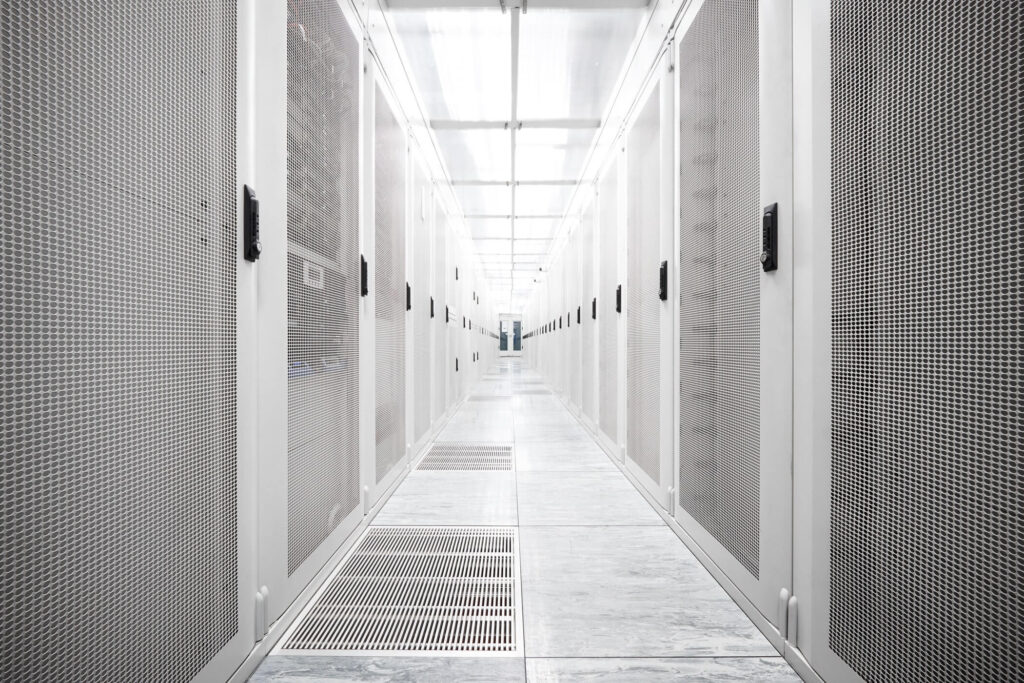
In the US, Service Express draws 70% of its revenues from IBM third-party maintenance, 20-25% from managed infrastructure services, and 5-10% from product resale.
That mix is turned on its head in the the UK, where managed infrastructure services account for 70% of the total, however, with Ockwell saying there is “a lot of runway” to grow this part of its business, both in the UK and US, and in new territories.
Service Express has made a “big investment” in IBM Power10 servers at its UK datacentres over the last 12 months as it looks to reduce its energy footprint and cut costs.
“We’ve consolidated from around 50 servers down to five or six, so there is a very big multiplier in terms of collapsing the physical infrastructure there. Energy-wise, we’re anticipating about a 50% reduction as well,” Ockwell explained.
“We’ve got enough capacity with our datacenters to grow for the foreseeable future, but at the same time we don’t necessarily want to expand into that full footprint because opening up new data halls opens new expense for us,” he explained.
“We’re looking to buy volume”
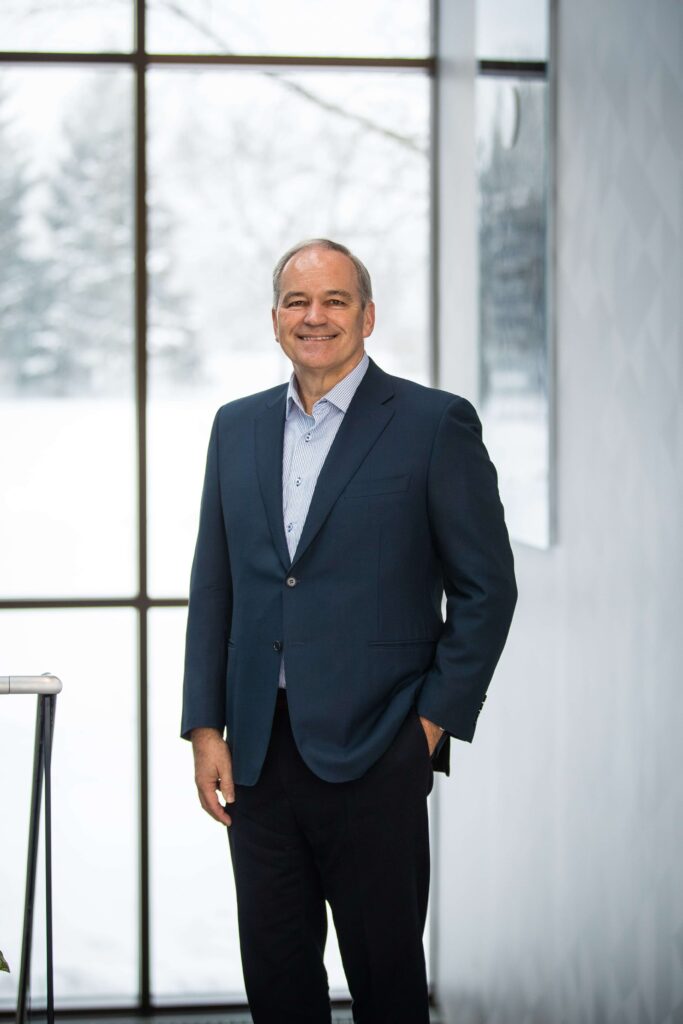
Considering that Service Express currently has excess space in its datacentres, what would an acquisition target need to bring it?
One aspect is boosting geographic coverage outside of the UK and US, Ockwell replied, particularly in Canada and mainland Europe.
“If I want to do business with any government institution or financial institution in Germany, I pretty much have to keep the data within Germany,” he explained.
“And then we’re looking to buy volume,” he added.
“In the UK, I don’t have pressure on my datacentres at the moment in terms of capacity, but with any acquisition you look for synergies.
“If I can acquire another similar company and we can migrate their customers into our datacentres, there’s obviously synergies and savings from that.”
“Most of our RFPs have some reference to sustainability in them”
To what extent is sustainability an important driver for Service Express’ datacentre modernisation push?
“Cost and efficiency is obviously one aspect, as we’re a commercial organisation,” Ockwell replied.
“But more and more customers are looking at sustainability – in a stronger [regulatory environment] they have to. As part of our sales process we say how we will help clients reduce their overall footprint. If we can reduce the footprint for specific technologies, that adds value to their metrics. So we’re very conscious of that, and we will be launching a footprint calculator on our website, maybe [this month], that we can use, but also our clients can use, to calculate the energy consumption and the carbon footprint for various technologies.
“Most of our RFPs will have some reference to sustainability in them – the larger organisations tend to include that as a contractual commitment. A number of companies have it more as a reference point at this stage.”
Although Service Express hasn’t yet come out with a bold net zero commitment, “every decision we make” is now guided by sustainability, Ockwell claimed.
“We haven’t gone to solar in our datacentres yet, but we’ve installed solar in our office space and company-wide we have company cars that are all electric,” he said.
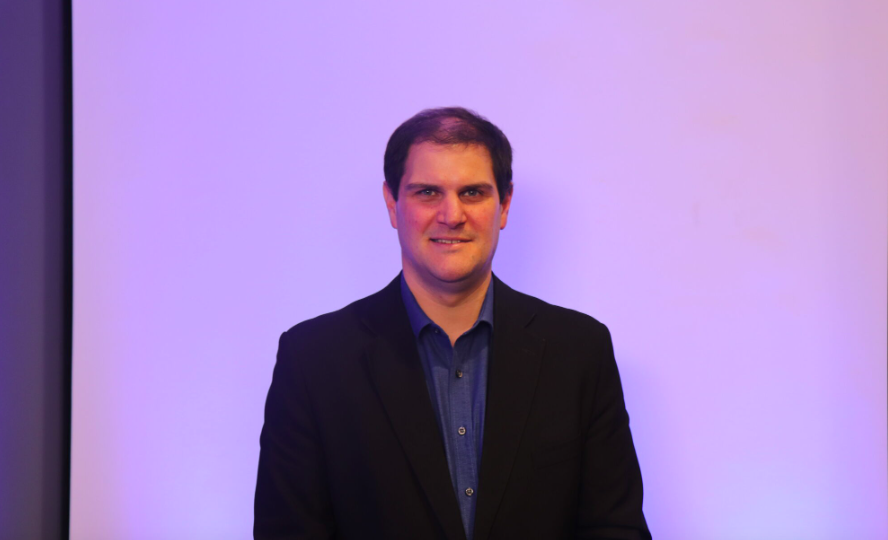
IBM technical lead, Andrew Laidlaw, said there is growing interest in the “sustainability side effects” that come through datacentre efficiency projects such as that of Service Express.
“We’ve got proof points where by moving from Power8-based systems to Power10 we can double the performance per core. But we’re actually getting a three times’ improvement in performance per watt, which is becoming a more and more relevant metric,” he said.
“Given a lot of the workloads Service Express are traditionally running for their customers are even older than Power 8, some of the potential benefits and savings in that area are huge.”
Doug Woodburn is editor of IT Channel Oxygen


